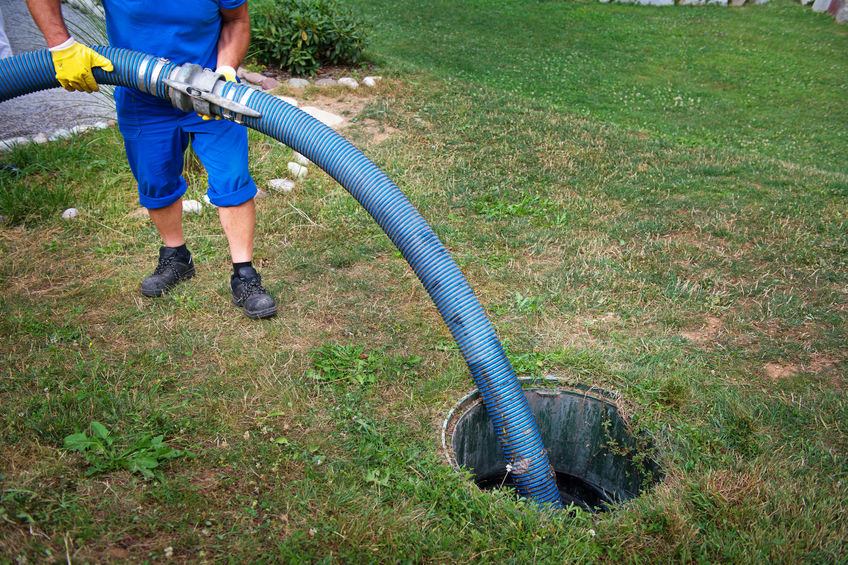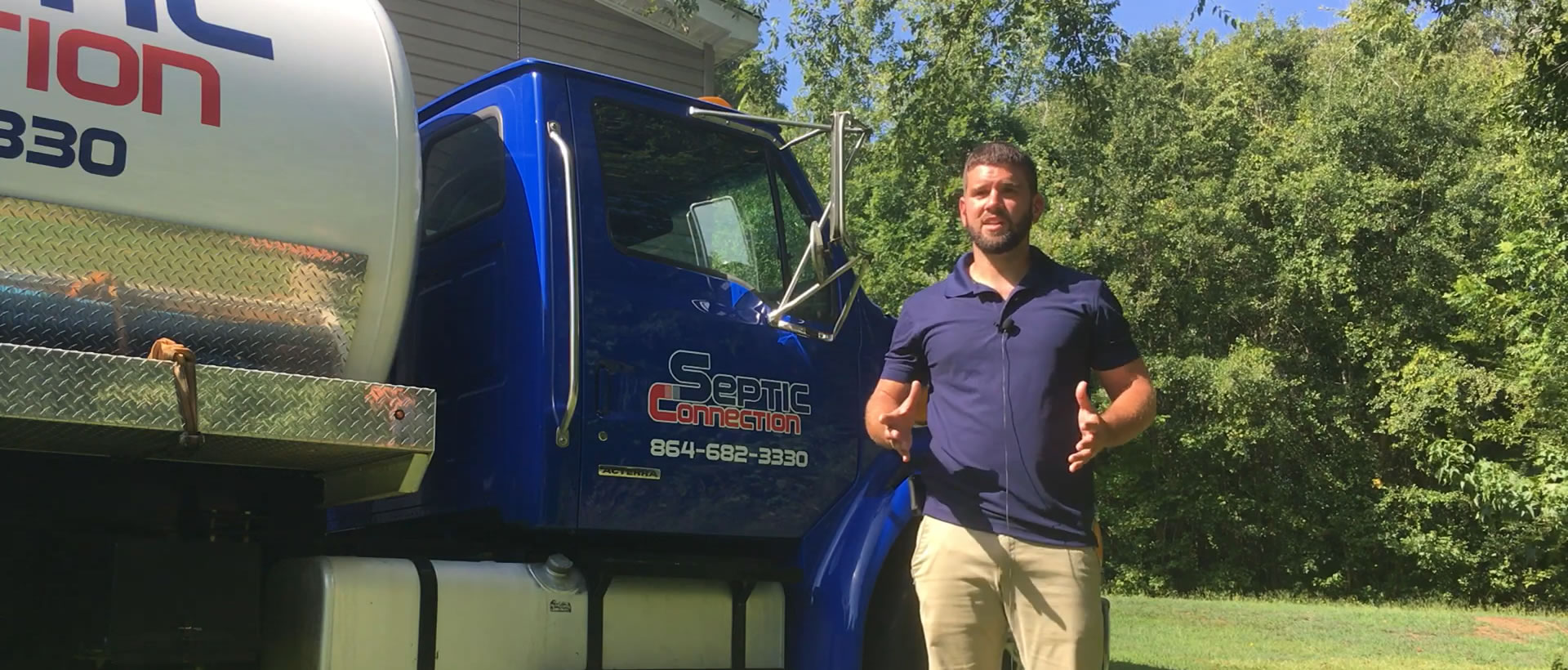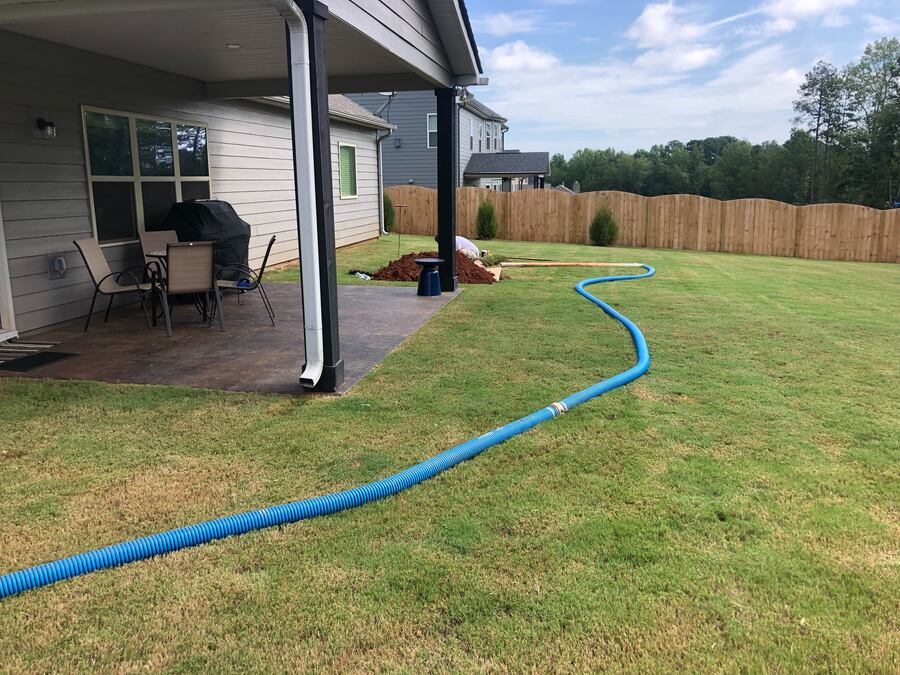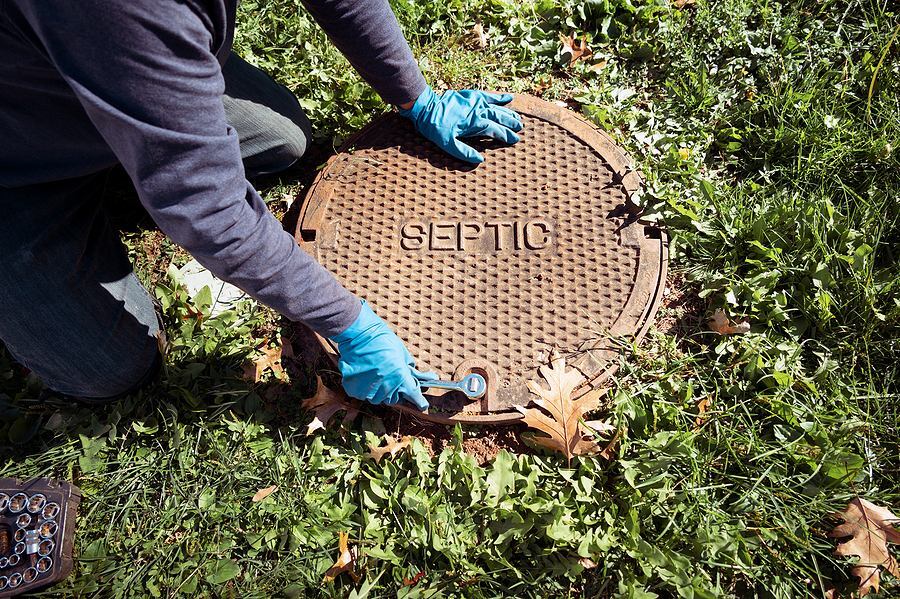
Why Is My Septic Tank Full When After Pumping?
Maintaining a healthy septic system is crucial for proper wastewater disposal in your home. One of the key maintenance tasks is regular septic tank pumping, which professional technicians recommend every 3-5 years. However, it can be baffling when you find your tank is full again after a recent pumping session. If you experience such a problem, call Septic Connection to mitigate further deterioration. As a reputable septic company, we leverage extensive expertise to determine the reasons behind this issue and recommend lasting solutions.
Excessive Water Usage
The most common reason for a septic tank filling up fast after pumping is excessive water usage. When your water consumption exceeds the capacity of your septic system, it can refill quickly. Activities such as long showers, running multiple appliances simultaneously, or even a water leak in your plumbing system can increase water flow into the septic tank significantly. To mitigate this issue, consider implementing water conservation measures in your home. Fix any leaks promptly, use low-flow fixtures, and schedule routine septic tank pumping sessions to reduce the strain on your system.
Clogged Pipes
Clogged pipes within your plumbing system can contribute to the premature filling of your septic tank. When pipes leading to the tank become obstructed by debris, grease, or other materials, it restricts the flow of wastewater into the tank. Regular maintenance and pipe inspections by a trusted septic company can help detect and address clogs before they get out of hand. Professional septic tank repair experts leverage specialized tools like drain snakes and hydro-jetting to clear clogged pipes effectively.
Drain Field Damage
The drain field is a vital component of your septic system where the last treatment and disposal of wastewater occurs. If the drain field is damaged or clogged, it can hinder the proper flow of effluent from the septic tank, causing it to fill up faster than expected. It is advisable to hire a septic tank repair expert to determine the best course of action for a damaged drain field.
Heavy Rainfall and Standing Water
Natural factors can also influence the rate at which your septic tank fills up. Heavy rainfall can saturate the soil around your septic system, making it less efficient at absorbing and treating wastewater. This excess water can quickly fill up your tank, even if you recently scheduled a septic tank pumping session. While you can’t control the weather, you can take preventive measures like redirecting downspouts away from your drain field. In addition, ensure proper grading to minimize water accumulation around your septic system.
Septic System Damage
Septic systems suffer from wear and tear with time, leading to various issues that can cause the tank to fill up quickly and premature septic tank installation emergencies. A damaged or malfunctioning septic pump can disrupt the normal flow of effluent; hence, the need for regular inspections by qualified septic professionals is crucial to identify and address any damage promptly. Timely repairs can prevent further deterioration and ensure the efficient operation of your septic system.
A septic tank filling up shortly after pumping can be linked to several factors, including excessive water usage, clogged pipes, drain field damage, and heavy rainfall. To diagnose the specific issue and find a solution, it’s essential to consult with a professional septic company. Regular maintenance, water conservation efforts, and prompt repairs are key to ensuring the longevity and effectiveness of your septic system. Contact us at Septic Connection and schedule a consultation with our experts to enjoy quality services, including septic tank installation, repair, and maintenance.
 How it works
How it works




